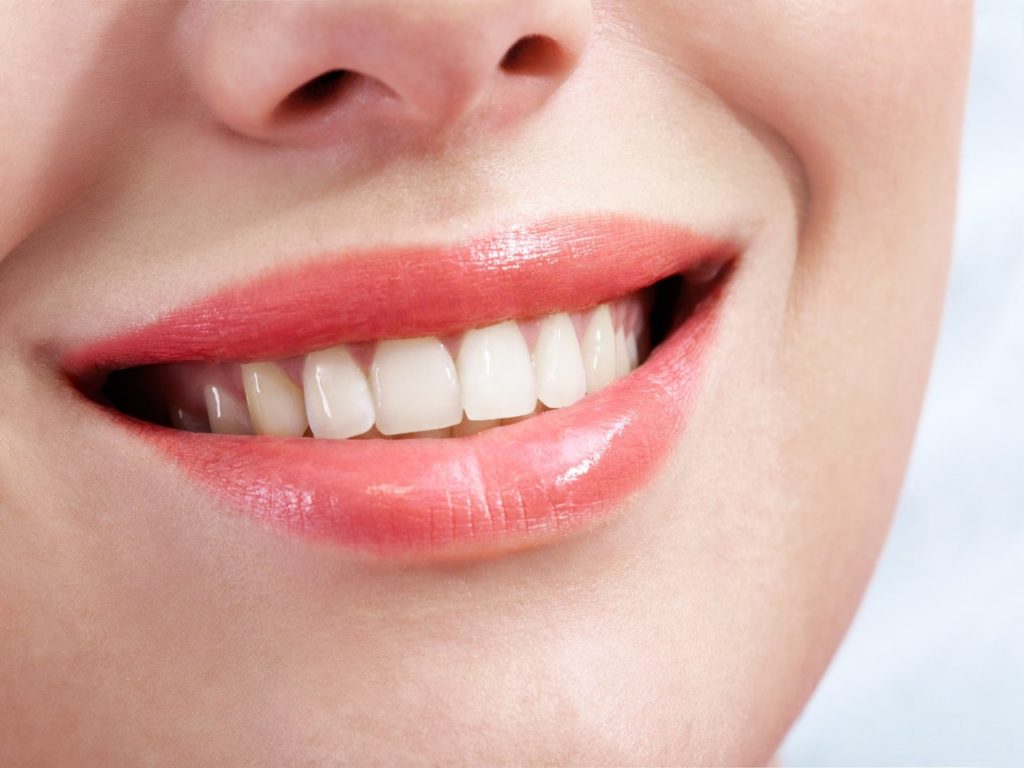Bad breath happens to all of us sometimes. However, it may be more severe for some of us than others and could require special types of treatment. Fortunately, most cases of bad breath can be cured quite easily with proper dental hygiene. The main cause of bad breath is the presence of bacteria on the tongue. Bacteria rots leftover food particles, which creates that foul odor. Some foods will keep the odor in your system until it completely passes through your body so brushing and mouthwash may only cover up the smell.
Tips to maintain proper dental hygiene:
Brushing: The general rule on brushing your teeth is that it should be done at least twice a day for at least two minutes each time. Many people also don’t realize that there are proper techniques to brushing. Many people brush too roughly which can wear away at enamel (wait 30 minutes after each meal before you brush) and damage the gums. The direction you brush in is also important. When brushing upper teeth, brush from top to bottom and vice versa with the lower teeth. Be sure to brush all surfaces of your teeth as well as your tongue! Furthermore, your toothbrush should be changed every three months or so because the bristles lose their effectiveness.
Flossing: Flossing should be done once a day between every gap in each tooth. Be sure to clean gently in between each tooth and below the gumline. Flossing removes stuck food as well as plaque that a tooth brush may not reach. Leaving excess food to rot in between your teeth not only causes bad breath, but is unhealthy for your gums.
Gargling; Gargling a glass of water after each meal can help rinse out excess food particles that may be the source of your bad breath. Gargling saltwater can keep your gums healthy by reducing bleeding (when flossing, brushing, or getting a dental check up) and preventing infection. There are even different types of mouthwash to be used after brushing to help fight against bad breath.
Drink water: A dry mouth can contribute to bad breath as well. Drinking water can help dilute odor as well as wash away food particles. Drinking water also helps to keep saliva levels high to regularly reduce bacteria proliferation.
Avoid smelly foods: Garlic, onions, fish, eggs, as well as other oily/fried foods can be the cause of bad breath. It’s best to avoid these foods if possible as garlic and onion can stay in your system until it completely passes through your body. Instead try adding certain foods like citrus and mint into your diet, for they can help freshen your breath.
If you’re finding that you’re still having problems with bad breath, it may be time for a trip to the dentist for a consultation:
Regular cleaning: Dental cleaning should be done at least twice a year (or even more often if you find you’re at a higher risk of dental disease). This ensures a deep and thorough clean that removes plaque tartar as it can be hard to clean on your own. Keeping your mouth as clean as possible will help reduce bad breath.
Filling caries: Also known as tooth decay or cavities, the bacteria breaking down your teeth may be the cause of bad breath. Be sure to have these filled in by your dentist as it ensures to keep away bad breath and maintain healthy teeth.
Tooth extraction: In some cases caries may be severe enough to the point where the tooth may need to be removed. This could also be the source of bad breath along with other factors such as pain and nerve damage. Most patients receive a dental implant to replace the removed tooth.
Tonsillectomy: Tonsillectomy is know as the removal of the tonsils. People with tonsillitis can also have bad breath due to discharges from the crypts of the tonsils.
Medicine: Bad breath may be the result of infection. Antibiotics, antiviral, or antifungal medicines will help.
Don’t ever hesitate to consult a dentist or specialist about your breath problem. There is certainly no shame in seeking help, for you should never let your bad breath problem turn into something much worse.

